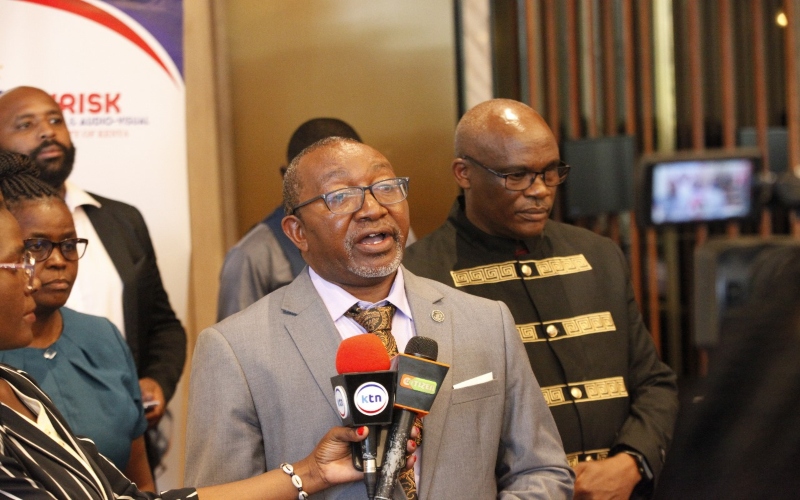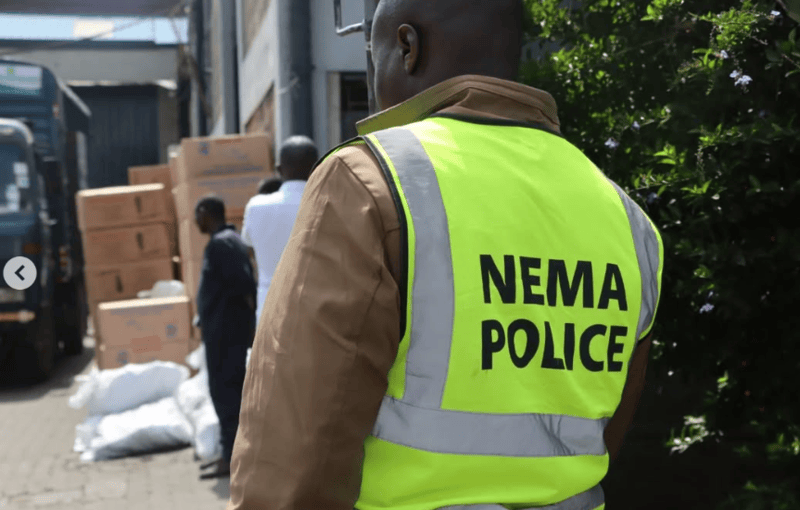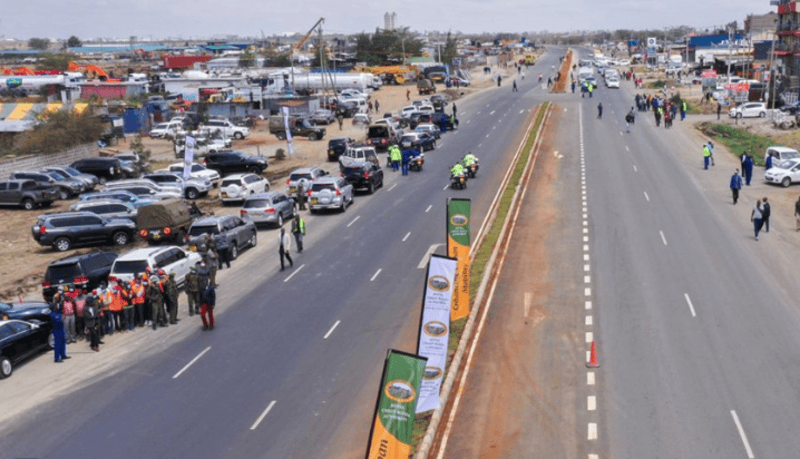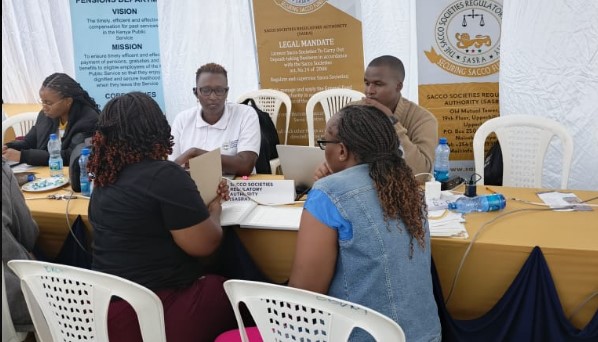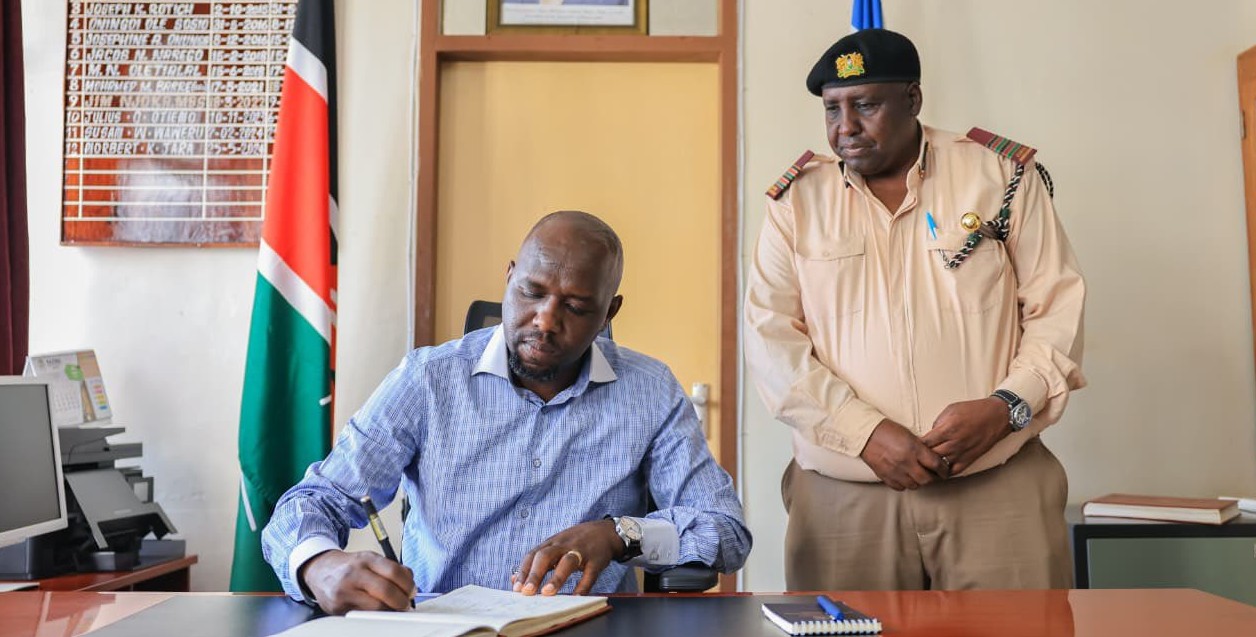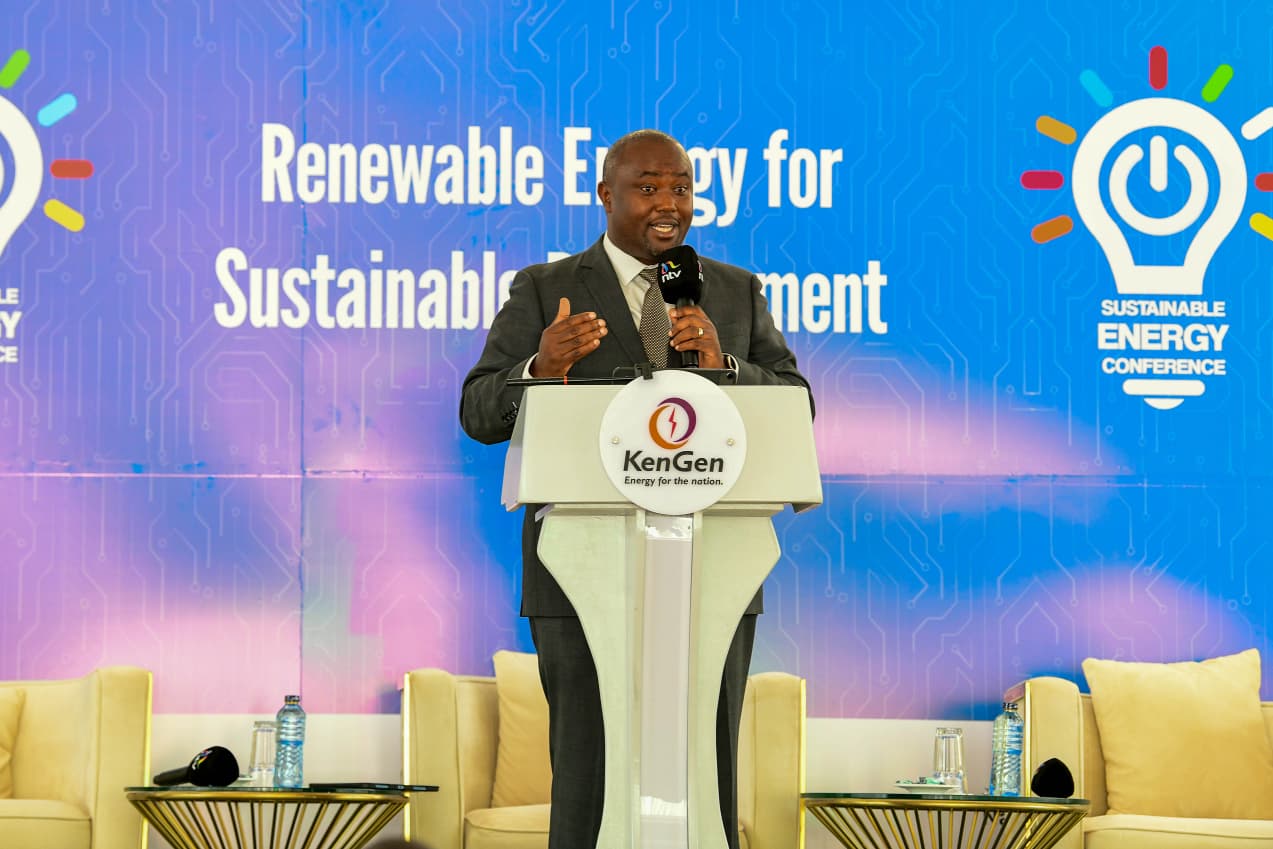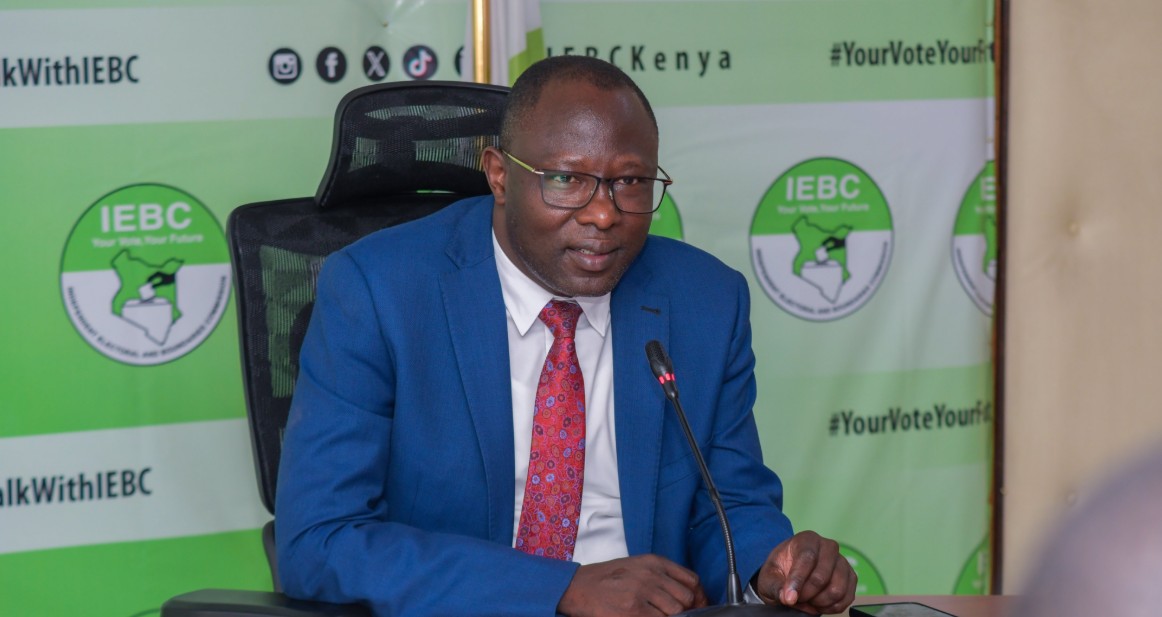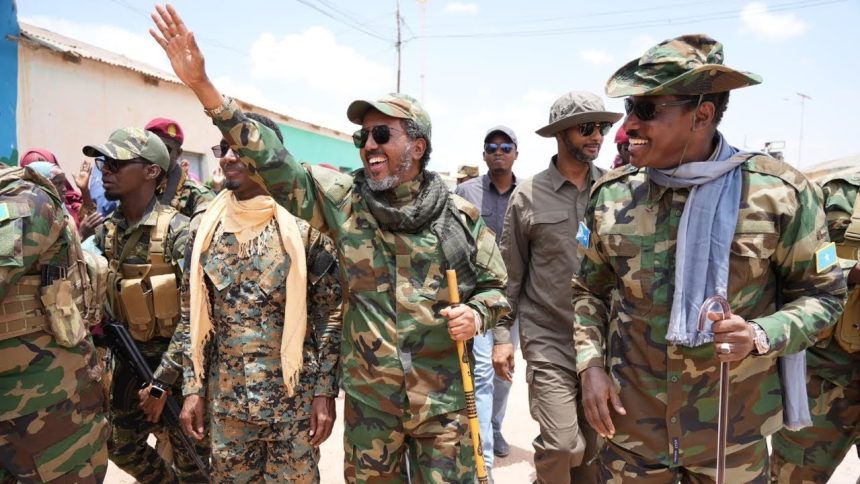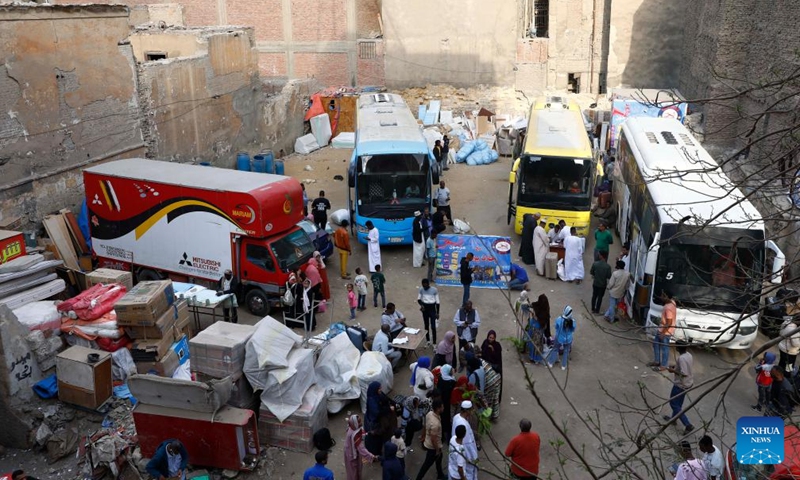What is IMCTC? Details of global Muslim coalition backing Kenya’s new anti-terror initiative
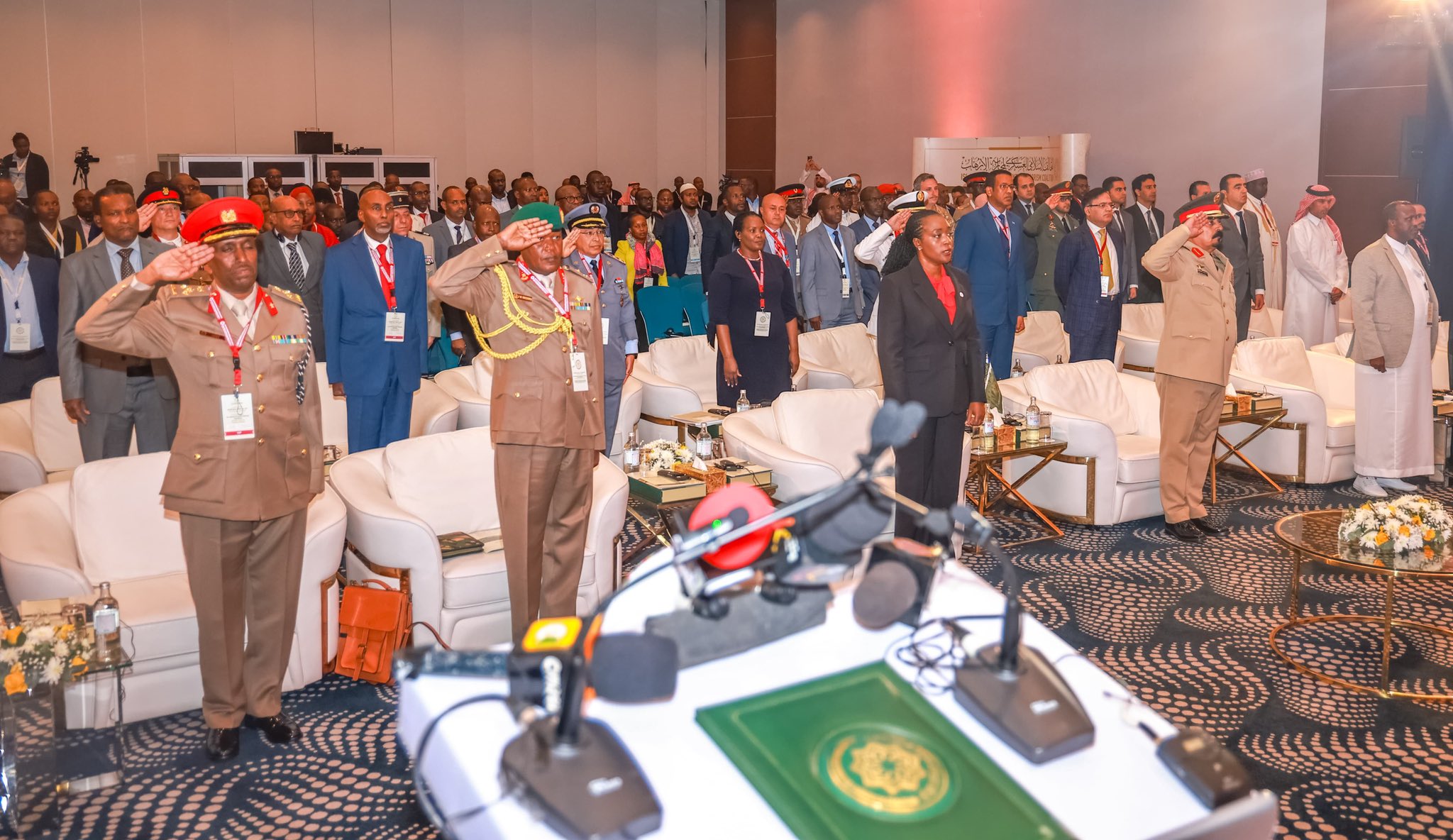
The IMCTC is headquartered in Riyadh, Saudi Arabia, where delegates from member countries operate, undertaking tasks aligned with the coalition’s objectives.
On Tuesday, the Ministry of Defence launched a specialised training programme on countering terror financing, funded by the Islamic Military Counter Terrorism Coalition (IMCTC)—an organisation still unfamiliar to many Kenyans.
Here is a breakdown of what the coalition is, its mandate, and its achievements in the fight against terrorism.
More To Read
- Kenya balances Quad backing with call for Africa-led peace talks to end Sudan conflict
- African Union welcomes resolution deepening UN–AU cooperation on peace, development
- US, Saudi Arabia, UAE and Egypt call for Sudan truce
- Somali intelligence confirms killing of dozens of Al-Shabaab fighters in raid
- IGAD urges vigilance as region hits key counter-terrorism milestones
- 5,000 Kenyan Muslims to take part in 2026 Hajj pilgrimage
The IMCTC is a Saudi-led alliance comprising 42 pan-Islamic countries. It was established in December 2015 to coordinate and strengthen efforts to combat terrorism and violent extremism across its member states.
"At a meeting held in Riyadh in March 2016, the Chiefs of Staff of the Islamic Armed Forces affirmed their determination to intensify their efforts in combating terrorism through joint action, in accordance with their capabilities and based on the desire of each member state to participate in initiatives or programmes within the framework of the Islamic Military Counter Terrorism Coalition, in line with each state's policies and procedures, and without infringing on the sovereignty of coalition member states," a brief on the coalition’s website reads.
"They also emphasised the importance of activating the coalition's launch through a meeting of the defence ministers of the member states," the brief added.
The IMCTC is headquartered in Riyadh, Saudi Arabia, where delegates from member countries operate, undertaking tasks aligned with the coalition’s objectives.
More member states
Since its formation, the coalition has grown to include more member states, including Kenya, which joined in 2022. Kenya is represented by Colonel Aden Mohamed of the Kenya Defence Forces (KDF).
Speaking on Tuesday, the coalition's Secretary-General, Major General Pilot Mohammed bin Saeed Al-Moghedi, said the coalition’s vision is clear: to coordinate international efforts and unify forces to strengthen ideological, media, military, and financial capacities in the fight against terrorism.
As part of this strategy, the coalition launches various initiatives to build capacity and train professionals in counter-terrorism, extending beyond military measures.
Currently, the IMCTC is preparing to roll out 20 awareness and technical training programmes to help member states strengthen their counter-terrorism capabilities. One of these is focused on combating terror financing.
International cooperation mechanisms
The programme aims to bolster the capabilities of legal, security, regulatory, and financial institutions in tackling money laundering and the financing of terrorism. It seeks to foster a deep understanding of international legal frameworks and agreements, and to enhance financial analysis and international cooperation mechanisms.
Participants will benefit from a series of lectures, workshops, and training courses covering the legal frameworks for tackling money laundering and terrorist financing, financial crime tools and sources, detection and analysis techniques, regional and international cooperation, and preventative strategies.
In Kenya, a similar course is scheduled to begin in August this year, with a follow-up in December. The second session will focus on training trainers who will then cascade the knowledge to relevant staff in government agencies and ministries.
Earlier this year, the coalition launched the second phase of its Sahel Countries Programme in Niamey, the capital of Niger, to discuss counter-terrorism initiatives in a region now regarded as the global epicentre of terrorism, according to the Global Terrorism Index (GTI).
Saudi Arabia has pledged over $26 million to support strategic initiatives in the Sahel region, alongside offering 46 training programmes to candidates from member countries.
The coalition has stated that the second phase of the programme will organise various capacity-building efforts to counter extremist groups in various sectors, including ideological, media, financial, and military domains.
Top Stories Today

